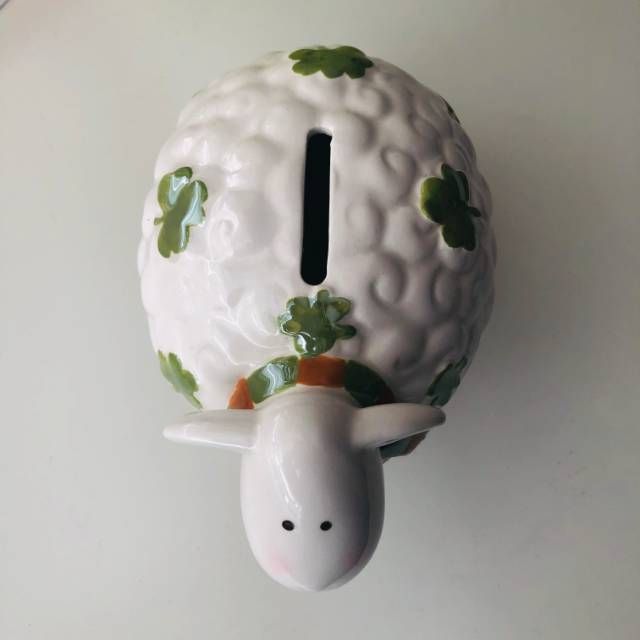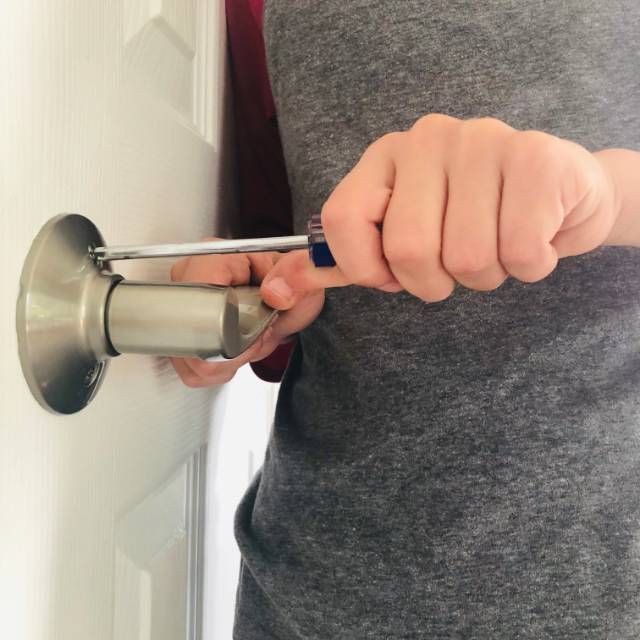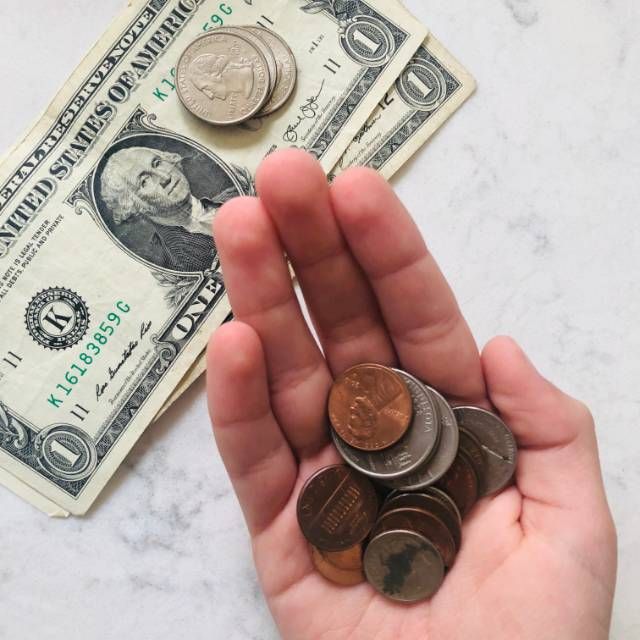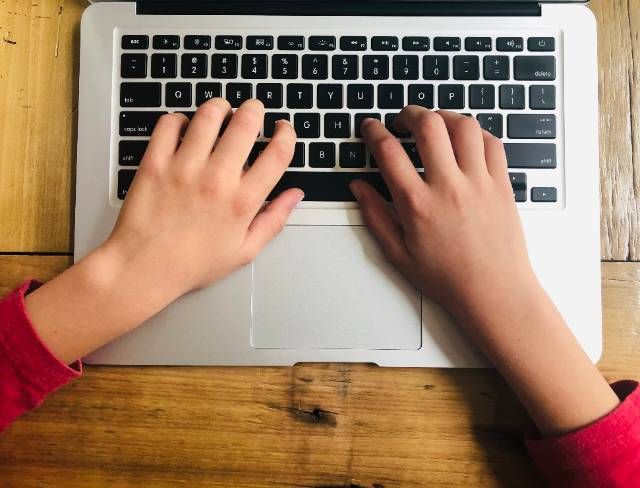
Life Skills for Kids to Learn at Every Age
Some of the most important lessons kids learn don't come from the classroom. You can teach these essential life skills for kids right at home, starting now!
Learning and practicing these activities will help them complete everyday tasks safely and easily, and navigate challenges they will meet in the real world.
See below for a list of life skills and recommendations for a general age to get started, but know that many of these can be started very early and reinforced throughout childhood.
Swimming and Water Safety
Kelly R. said: Whether you choose to invest in swimming lessons or teach your child yourself, learning how to swim and how to act safely around water is an important childhood milestone that can start at quite an early age.

Budget and Save Money
Kelly R. said: Kids are never too young to learn to be responsible with money, whether it's money from the tooth fairy, a regular allowance or just occasional birthday and holiday cash. Many parents like to set their kids up with different jars for "spend," "save," and "donate" money to help them easily visualize and make decisions about how their money is budgeted.
Have a Conversation
Kelly R. said: It takes practice to learn how to hold a conversation with another person and to master the skills of listening, asking questions, and giving thoughtful answers. Try having your kid practice by calling their grandparents, aunts or uncles, who will likely be thrilled to have the chance to chat with your child! You can also use fun conversation starters to help get the discussion flowing.

Use Basic Tools
Kelly R. said: Let your kids help out as you work on small tasks around the house so they can get comfortable recognizing and using basic tools. They could help use a hammer to hang up a frame, use a screwdriver to tighten screws, or use a wrench to help assemble furniture.

Home Safety and Security - Night Check Routine
Shila said: From locking the doors to ensuring that the gas stove dials are completely turned off before bed, acquiring the know-hows behind home safety and security are necessary to observe. Sticking to these precautionary "night check" routines can prove to be life-saving skills later in life, especially when teens are off on their own in college and beyond.
Memorize Personal Information
Kelly R. said: In this age of digital information available at our fingertips, it's still important to have certain things committed to memory. Younger kids are ready to learn their birthdate, phone number, address, parents' full names, and important medical needs or allergies.
Follow a Recipe
Kelly R. said: When helping in the kitchen, teach kids to read through the entire recipe before getting started to make sure everything is clear. Walk them through gathering the ingredients and tools, understanding abbreviations for ingredient measurements, and how to properly measure liquids and dry ingredients. You can use easy recipes to allow your child to take the lead, or have them help you with more complex dishes.
Set a Table
Kelly R. said: Kids who understand how to properly set a table will be able to help at dinnertime each evening, but will also never hesitate to pick up the right fork or the right glass when eating elsewhere.

Count Money and Make Change
Kelly R. said: Get your kids comfortable with counting money and calculating change (both bills and coins) well before it's time for their first summer job!
Be A Good Loser
Kristy Pepping said: There is such a focus at winning all the time that it's hard for kids to be okay when they lose. Kids need to learn that it's okay to come in second, to lose at a game on family night, or to not get selected for a sports team. This lesson will carry them throughout life and make them more well rounded.
Time Management
Kelly R. said: Good time management is a skill that takes time to master, but laying the groundwork early will pay off. School-age kids can learn to use an alarm clock to wake themselves in the morning and get ready for the day. Kids managing school assignments and extracurriculars can get comfortable using a planner or calendar to keep track of their responsibilities. Even keeping a shared family calendar in the kitchen can help everyone plan ahead.

Learn to Type
Kelly R. said: It takes a lot of practice for typing to become second nature, but it is a skill that your kids will likely use every day once they reach a certain age. You can find fun typing games for kids online that will help them learn and practice. The effort is well worth the time they will save composing e-mails, papers, and more.
Do Laundry
Kelly R. said: Once kids know how to independently sort their clothes, treat stains, operate the washer and dryer, and measure detergent, this is a great chore for them to handle moving forward. Remember that they can also take care of folding and putting everything away!

Write a Thank You Note
Kelly R. said: Let's do our part to make sure the thank you note doesn't become a lost art form! We can teach our kids to recognize the occasions that call for more than just a verbal "thank you," and how to write a simple but heartfelt note of gratitude.
Learn Basic Manners
Kristy Pepping said: I think kids are constantly communicating via text or online these days. While advancements in technology are great, it takes away the human connection. And with this human component missing, kids seem to have lost manners in the process. So teaching kids basic manners like saying please and thank you is vital whether it's a friend, relative or acquaintance.
Primary photo: Upparent
Upparent collects community-submitted recommendations and reviews, and any ideas that are shared reflect the opinions of individual contributors.



